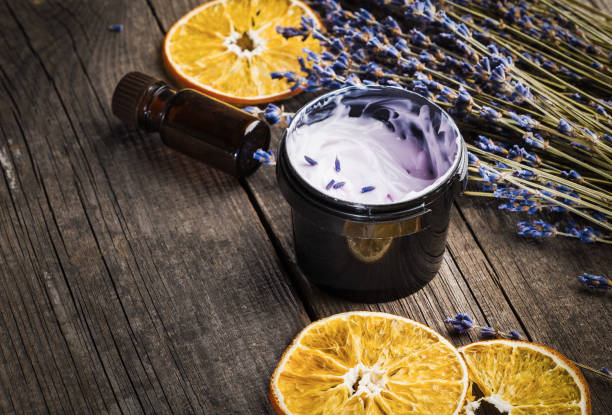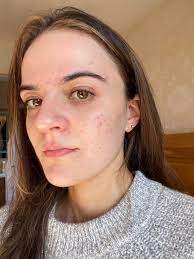Every day, I hear the same thing – “it’s organic” or “it’s natural”. But what does that mean? They don’t mean what we think, but what does it mean?
Dermaviduals wrote a fascinating article on this topic. The article is concise and to the point. I won’t attempt to reinvent the wheel. ….
Natural and organic ingredients can be very appealing for protecting your beauty and health. These terms can be meaningless on cosmetic labels. This is a problem for educated consumers like you, who care about what goes into and on their bodies.
We hope you find this article helpful and helps you sort the good from the poor in skin care.
Definition of Natural and Organic Cosmetics
You’ll find bold labels proclaiming organic and natural products in the cosmetics aisle, from moisturizers to mascaras. These terms are not subject to industry standards and regulations, nor do they conform to global standards.
Some cosmetic ingredients are called ‘natural’ ingredients. These include oils, extracts, and essences of plant species. The National Industrial Chemicals Notification and Assessment Scheme, however, defines a naturally occurring substance as an unprocessed chemical that occurs in a natural setting. This definition does not apply to most cosmetic ingredients.
An ‘organic’ label can be just as misleading. As many as ten organizations can provide organic certification. There are many different standards for organic certification. Each organization has its own rules, such as the percentage of organic products that must be organic.
The Best Skin Care
Many substances developed in laboratories and shown to improve skin health don’t exist naturally. While active agents derived from natural sources may be more effective than synthetic counterparts in terms of their skin-recognition abilities, synthetic agents are often purer and easily recognized by the skin.
There are many organic and natural ingredients that can cause skin problems. The best way to find the most effective and safest skin care products is to search for organic. Reika Roberts is the Derma Aesthetics Managing Director. She says, “We believe that we should look at all methods of producing superior product formulas.” We focus on creating a physiological product line to promote skin health. This is the one that best mimics normal skin function.
6 Synthetic Ingredients for Skin Care to Avoid
Some synthetics should be avoided. The following are the top-rated synthetics on the Don’t Use List:
- Sodium lauryl phosphate
- Mineral oils
- Parabens
- Parfums
- Emulsifiers
- Coloring agents




